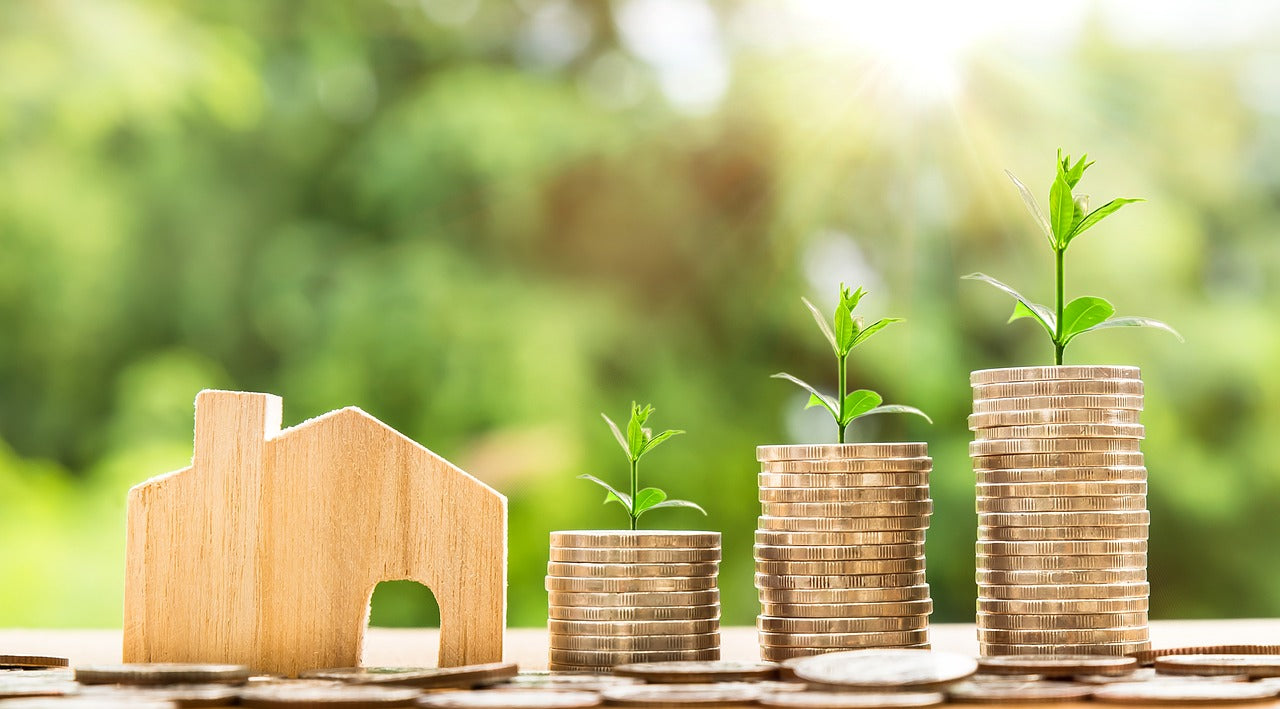
Analyzing Heat Pump Operating Costs: Will it Save You Money in the Long Run?
When it comes to heating and cooling your home, you want to make sure you're getting the most bang for your buck. Heat pumps are a popular choice for homeowners because they offer an energy-efficient alternative to traditional heating and cooling systems. But how much do they cost to operate? And how do these costs compare to other heating systems?
In this comprehensive guide, we'll explore heat pump operating costs, the factors that affect them, and how you can save money on your energy bills by making smart decisions about your home's heating and cooling system.
Factors affecting heat pump operating costs
Many factors can influence the operating costs of a heat pump, some of which are within your control and others that are not. These factors include the size of your home, the efficiency of the heat pump, the climate in which you live, and the cost of electricity in your area.
The size of your home is a significant factor in determining the operating costs of a heat pump. Larger homes require more energy to heat and cool, so your heat pump will need to work harder and consume more electricity.
The efficiency of the heat pump itself is another essential factor. More efficient heat pumps will use less energy to provide the same amount of heating or cooling, which can help to reduce your operating costs.
The climate in which you live can also substantially impact heat pump operating costs. In colder climates, heat pumps may need to work harder to maintain comfortable indoor temperatures, which can increase your energy bills.
However, heat pumps are still generally more efficient than traditional heating systems in these conditions. Additionally, the cost of electricity in your area will directly affect your heat pump operating costs. . Higher electricity prices will result in higher operating costs, while lower electricity prices can help offset the heat pump's cost.
Comparing heat pump operating costs with other heating systems
When considering the installation of a heat pump, it's essential to compare the operating costs with other heating systems to determine which option is best for your home. The most common alternatives to heat pumps are furnaces and boilers, both of which burn fossil fuels to generate heat.
In general, heat pumps are more energy-efficient and have lower operating costs than furnaces and boilers. This is because heat pumps simply move heat from one place to another rather than generating it. As a result, heat pumps can provide up to three times more heat for the same amount of energy consumed by traditional heating systems. However, it's important to keep in mind that the specific operating costs for each system will vary depending on factors such as the efficiency of the equipment, the cost of fuel or electricity, and the climate in which you live.
To get a more accurate comparison of the operating costs for different heating systems, it's a good idea to consult with a professional HVAC contractor who can help you assess your specific needs and recommend the best solution for your home.
Tips for reducing heat pump operating costs
There are several ways to reduce the operating costs of your heat pump and maximize your energy savings. Here are some tips that can help you save money on your energy bills:
- Choose a high-efficiency heat pump: When selecting a heat pump, look for one with a high Seasonal Energy Efficiency Ratio (SEER) and Heating Seasonal Performance Factor (HSPF). These ratings indicate the heat pump's efficiency in both cooling and heating modes, respectively. A higher-efficiency heat pump will use less energy to provide the same amount of heating or cooling, resulting in lower operating costs.
- Properly size your heat pump: It's crucial to choose a heat pump that is appropriately sized for your home. An undersized heat pump will struggle to maintain comfortable temperatures and may consume more energy as a result. Conversely, an oversized heat pump can lead to short cycling, which can also increase energy consumption and wear on the system. A professional HVAC contractor can help you determine the right size heat pump for your
home.
- Seal and insulate your home: Ensuring your home is properly sealed and insulated can help to reduce heat loss and make your heat pump more efficient. Check for air leaks around windows, doors, and other openings, and seal them with weatherstripping or caulk. Additionally, make sure your home's insulation levels meet or exceed the recommended levels for your climate.
- Use a programmable thermostat: A programmable thermostat can help you save money on your energy bills by automatically adjusting the temperature settings based on your schedule. Set the temperature lower when you're away from home or sleeping and higher when you're home and awake. This can help to reduce the workload on your heat pump and lower your operating costs.
- Maintain your heat pump: Regular maintenance is essential for keeping your heat pump operating efficiently and effectively. This includes cleaning or replacing air filters, checking refrigerant levels, and ensuring that all components are working correctly. By keeping your heat pump well-maintained, you can help to prevent breakdowns and extend its lifespan while also reducing your operating costs.
Heat pump maintenance and its impact on costs
As mentioned above, regular maintenance is critical for keeping your heat pump operating efficiently and effectively. Neglecting maintenance tasks can lead to reduced performance, increased energy consumption, and higher operating costs. Here are some of the key maintenance tasks that should be performed on your heat pump:
✔️ Clean or replace air filters: Dirty air filters can restrict airflow and reduce the efficiency of your heat pump. Check your air filters monthly and clean or replace them as needed.
✔️ Check refrigerant levels: Low refrigerant levels can cause your heat pump to work harder to provide the same amount of heating or cooling. Have a professional HVAC contractor check your refrigerant levels annually to ensure that they are at the correct levels.
✔️ Clean outdoor unit: The outdoor unit of your heat pump can become clogged with debris, which can reduce airflow and decrease efficiency. Remove any debris from around the unit and clean the coils as needed.
✔️ Check electrical connections: Loose or corroded electrical connections can lead to system malfunctions and increased energy consumption. Have a professional HVAC contractor check your electrical connections annually.
By performing these maintenance tasks regularly, you can help to ensure that your heat pump is operating at peak efficiency and minimize your operating costs.
Government incentives and rebates for heat pump installations
Government incentives and rebates for heat pump installations in Canada In addition to the energy savings you can achieve by installing a heat pump, there are also government incentives and rebates available in Canada that can help to offset the upfront cost of installation. These incentives vary by province and can include federal tax credits, provincial or local rebates, and utility company incentives.
The Canadian federal government offers a tax credit through the Canada Greener Homes Grant, which provides up to $5,000 in grant funding for eligible heat pump installations. Provincial and local governments may also offer additional rebates or incentives for heat pump installations. In some provinces, utility companies offer rebates or other incentives for customers who install energy-efficient heating and cooling systems
To find out what incentives are available in your area, check with your local Heating & Cooling company or visit the Natural Resources Canada website for a list of current incentives.
Conclusion
Heat pumps can be an excellent choice for homeowners looking to save money on their energy bills while also reducing their carbon footprint. By understanding heat pump operating costs and the factors that can affect them, you can make an informed decision about whether a heat pump is right for your home.
When considering a heat pump installation, it's essential to compare the operating costs with other heating systems and understand the different types of heat pumps available. Additionally, taking steps to reduce your heat pump operating costs, such as proper sizing, maintenance, and insulation, can help you maximize your energy savings.
Finally, don't forget to explore government incentives and rebates that may be available to help offset the upfront cost of installation. By taking advantage of these incentives, you can enjoy the energy savings and comfort benefits of a heat pump while also reducing your overall costs.
